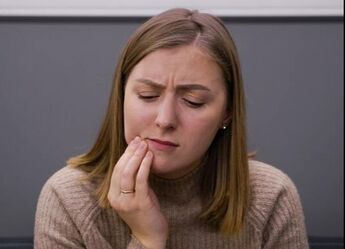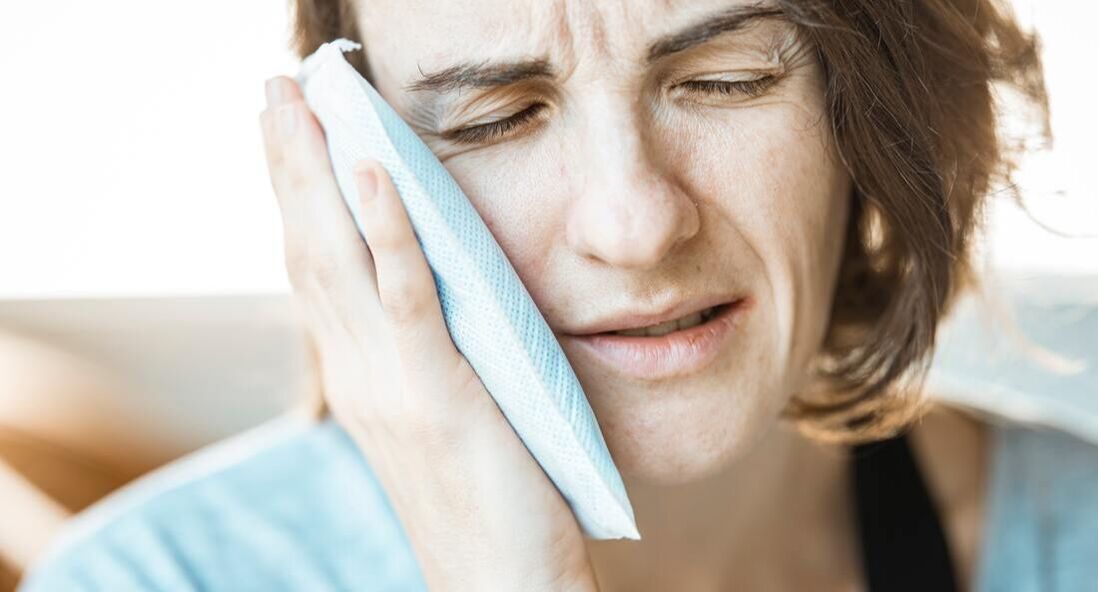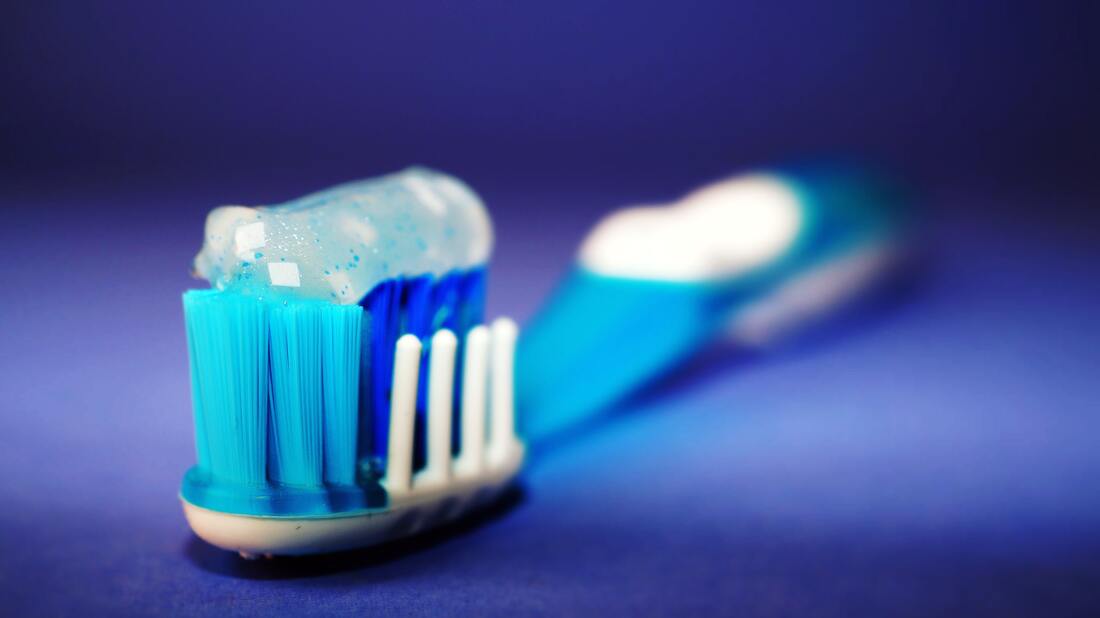WHAT IS TEETH SENSITIVITY?Sensitization of the teeth usually occurs when the dentin, the underlying layer of your teeth, becomes exposed and allows stimuli to reach the nerves of the teeth. The teeth roots are not covered by hard enamel and contain thousands of tiny dentinal tubules or channels that lead to the center of the teeth. Dentin becomes exposed due to erosion, wear and tear, and gum recession. However, teeth sensitivity can also be caused by other underlying oral health, dental hygiene, or medical complications. CAUSES OF TEETH SENSITIVITYThere is a multitude of causes for enamel erosion that leads to dental sensitivity including diet, how the teeth are cared for, and even underlying conditions. Foods with high acid content can cause enamel erosion if regularly consumed. Over time, the acidity from the food breaks down the enamel, revealing the teeth’s sensitive roots. Some examples of acidic foods include coffee, citrus, pickles, and tea. While it is important to brush and floss regularly, doing so too aggressively or vigorously can wear down the enamel, pull the gums from the teeth, and cause the dentin to be exposed. Using hard-bristled toothbrushes may lead to pain or bleeding in the gums after brushing. Additionally, if oral products, such as mouthwash or whitening products, are used excessively, the alcohol and acids contained can damage the teeth and make them sensitive. Grinding teeth is also an oral behavior to be cautious of. Especially at night, grinding can cause damage to the enamel and expose the roots and underlying dentin. Moreover, sensitive teeth can occur following recent dental procedures. After fillings, cleanings, or restoration placement, the teeth can become temporarily sensitive and usually return to normal condition in about four to six weeks. Concurrent oral health issues such as plaque buildup, tooth decay, gum recession, gum disease, or cracked teeth can cause sensitivity. Some people are genetically prone to thin gum tissue, making it easy for the gum tissue to pull away from the teeth. As a result, bacteria from plaque and food lead to inflammation and sensitivity of the teeth. Other health issues are closely tied to oral health as well. Having a sinus infection, for instance, can also cause teeth sensitivity. However, sensitivity does not always indicate infection or disease. Lastly, age may be a reason for sensitization. As gums naturally shrink with age, sensitivity is highest between the ages of 25 and 30. Natural wear and tear and thinning of the gums are likely factors of gum recession and the uncovering of tooth roots. CAN TOOTH SENSITIVITY GO AWAY?Yes, in some cases, sensitivity can go away on its own. As mentioned previously, sensitivity caused by recent dental procedures will return to normal within a few weeks. However, if there is persistent pain or discomfort, it’s important to visit a dentist to check for underlying causes. HOW TO TREAT TEETH SENSITIVITY?There are a few home remedies that may help to treat teeth sensitivity, such as using salt water rinses or toothpaste for sensitive teeth. However, it is ideal to visit the dentist as they will properly assess the mouth and optimize the treatment plan. Some recommendations include:
Maintain good oral health. In any case, it is vital to brush at least twice a day and floss to prevent plaque buildup that can lead to oral conditions like gum disease, for example. Dental Labs in My AreaLooking for dental labs near me? Our business is full-service and we specialize in all restorative dental services. The Dental Lab is a leading restorative dental lab in the United States. We deliver all over the nation with our fast and reliable shipping services, making us a dental laboratory near you--no matter where you are. Contact us today to get started. Sources: What Causes Sensitive Teeth? What causes sensitive teeth, and how can I treat them? Teeth Sensitivity Keywords:
The dental lab, dental lab, dental labs, dental labs in my area, dental labs near me, dental laboratory near me, sensitive teeth, sensitive teeth treatment, sensitive teeth causes
0 Comments
Leave a Reply. |



